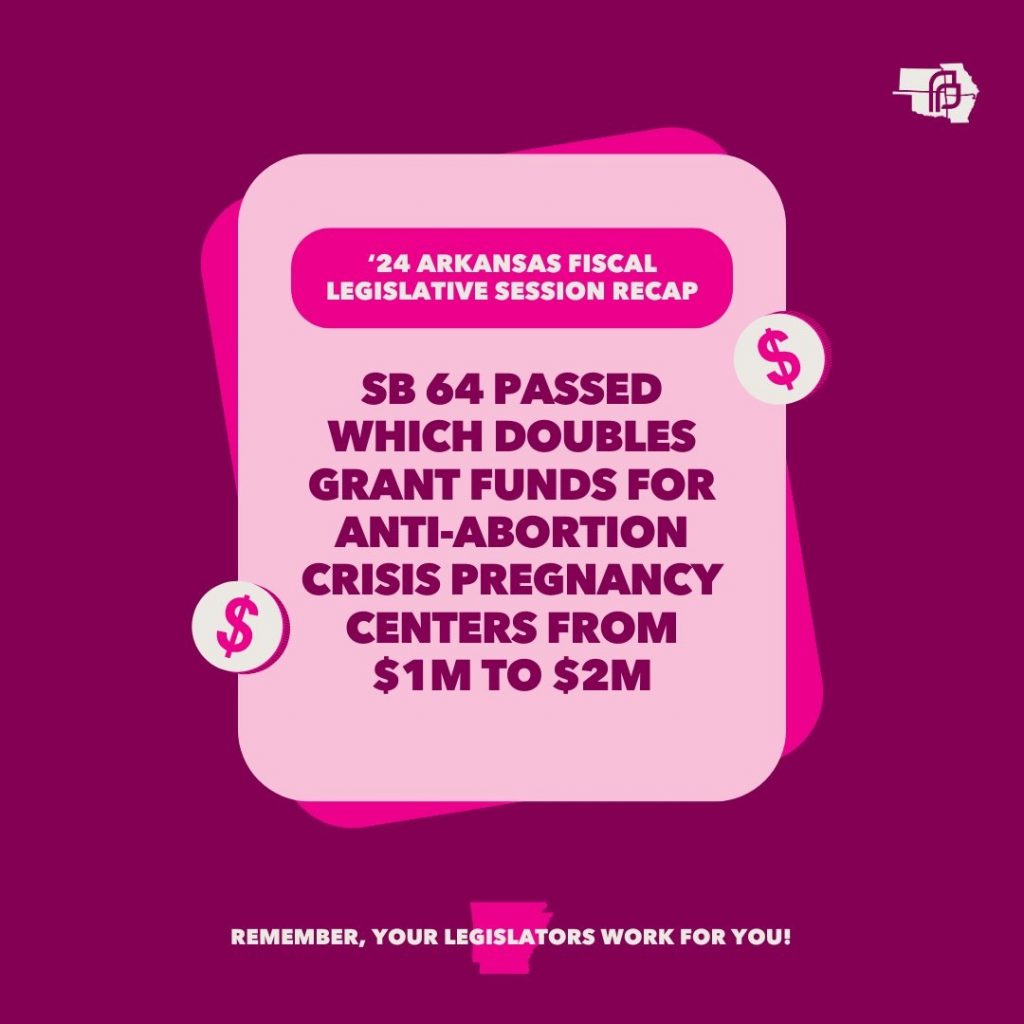Cleburne County Judge Denies TikTok’s Motion to Dismiss Lawsuit

Last week Cleburne County Circuit Judge Holly Meyer denied a motion by TikTok’s owner, ByteDance, which had asked the judge to dismiss a lawsuit against the social media giant.
The decision means Attorney General Tim Griffin’s lawsuit against TikTok can proceed.
With an estimated one billion users worldwide and some 135 million in the U.S., TikTok is among the most popular social media platforms on earth. However, last year Arkansas Attorney General Tim Griffin filed two lawsuits accusing TikTok of violating Arkansas’ Deceptive Trade Practices Act.
The Attorney General’s lawsuit in Cleburne County Circuit Court alleges TikTok violated the Deceptive Trade Practices Act by promoting “intensely sexualized” content — including content that sexualizes children — on its platform.
TikTok markets its app as being appropriate for children, but once they are on the TikTok app, TikTok’s algorithm “force-feeds” many children a non-stop diet of objectionable content.
Some of the objectionable content that the A.G. says TikTok promotes to children includes:
- Content depicting alcohol, tobacco, and drugs
- Sexual content
- Nudity
- Suggestive themes
- Violence
- Intense profanity and obscenity
The lawsuit also alleges much of this content is available to teenagers even when using the app’s Restricted Mode that is intended to filter inappropriate material.
The A.G. notes that TikTok’s algorithm actually promotes this content regardless of the user’s age — meaning that many children using TikTok may be exposed to this type of material without necessarily searching for it.
The lawsuit alleges that TikTok has downplayed just how prevalent this type of material is on its platform and has deceptively labeled the app as being appropriate for ages 13 and up when TikTok really should be rated 17+.
TikTok has tried to get the lawsuit dismissed, saying that state court isn’t the proper jurisdiction for suing the company and claiming the A.G.’s team did not adequately argue its claims about deceptive trade practices.
But Judge Meyer rejected these arguments — meaning the lawsuit can move forward.
TikTok’s parent company, ByteDance has struggled to protect private user data from entities in China, and the platform has faced criticism for letting its algorithm serve users what some call a steady “diet of darkness” online.
As U.S. Congressman Bruce Westerman wrote in March,
Although TikTok executives claim that it does not share any data collected by the app, there are several Chinese laws in place that provide CCP [Chinese Communist Party] officials access to all user data collected by Chinese-owned tech companies, like TikTok. This means the CCP has access to sensitive data, like the location of every TikTok user worldwide, including the over 210 million Americans who have downloaded the app.
In April, President Biden signed a bipartisan piece of legislation requiring TikTok’s Chinese parent-company, ByteDance, to divest itself of the platform by January 19, 2025. If ByteDance fails to sell TikTok, the law would ban TikTok in the United States.
TikTok is suing to have that law struck down in court.
As we have said repeatedly, there is mounting evidence that — by design — social media platforms like TikTok may deliberately push objectionable content to kids and put users’ personal information at risk. With that in mind, it’s good to see policymakers taking action to rein in these tech giants.
Articles appearing on this website are written with the aid of Family Council’s researchers and writers.





